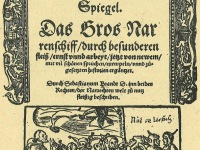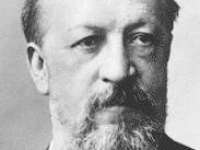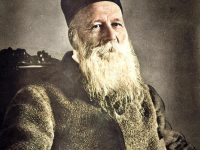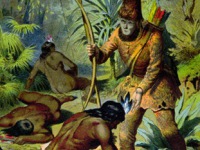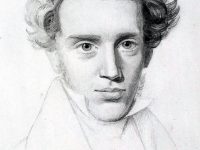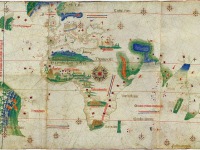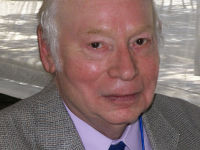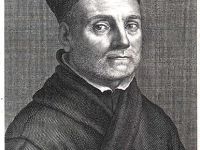Deep Blue vs Gary Kasparov
On May 11, 1997, Deep Blue, a chess-playing supercomputer, defeated chess grandmaster Garry Kasparov in the last game of the rematch, and became the first computer to beat a world-champion chess player in a classic match format. From The Turk to Computer Chess Programs The story of the chess playing supercomputer started in 1985 with a computer called ChipTest at Carnegie Mellon University by Feng-hsiung Hsu. But actually, the dream of an automated chess…
Read more


